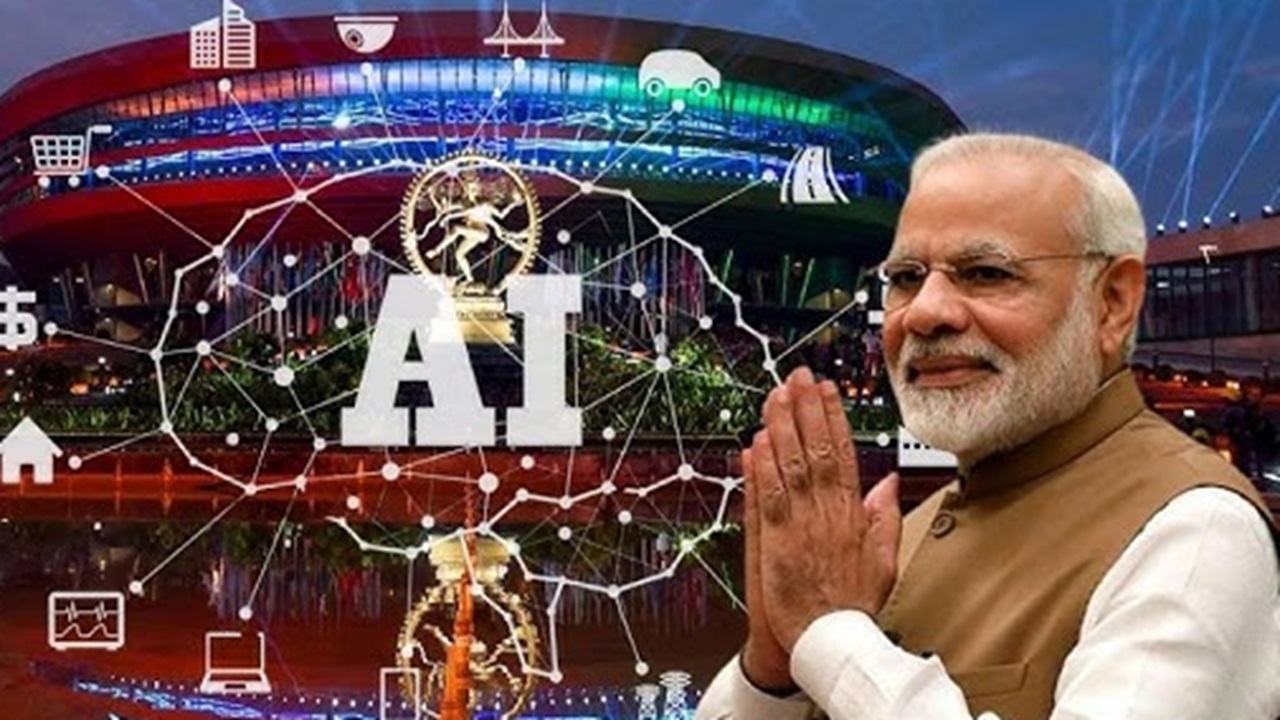In a significant stride towards electoral reform, the high-level panel led by former President Ram Nath Kovind presented its exhaustive report on the feasibility of implementing simultaneous elections across India to President Droupadi Murmu at Rashtrapati Bhavan. The report, spanning a colossal 18,626 pages, reflects extensive consultations, expert insights, and nearly six months of dedicated research since its inception on September 2, 2023.
Key Recommendations of the Report:
Unanimous Endorsement of Simultaneous Elections:
The panel unequivocally endorses the concept of simultaneous elections for Lok Sabha, state Assemblies, and local bodies, proposing its potential introduction by 2029. It recommends necessary constitutional amendments and legislative changes to facilitate this transition seamlessly.
Phased Implementation Strategy:
Emphasizing a pragmatic approach, the report advocates a two-step process for the implementation of simultaneous elections. Initially, elections for the Lok Sabha and State Legislative Assemblies would be synchronized, followed by the integration of local body elections within a hundred days of these polls.
Ensuring Administrative Preparedness:
Acknowledging the logistical challenges posed by simultaneous elections, the panel underscores the importance of planning. It calls for meticulous preparation of equipment, manpower, and security arrangements to facilitate the smooth conduct of polls across all levels of governance.
Contingency Measures for Hung Assemblies:
The report addresses scenarios such as hung assemblies and no-confidence motions, proposing mechanisms for the resolution of political impasses. In such cases, it suggests the conduct of fresh elections to ensure the continuity of democratic processes.
Public Sentiment and Feedback:
Drawing from public opinion, the report highlights the resonance of the “One Nation One Election” concept among citizens. Feedback analysis from the dedicated website indicates substantial support for the initiative, with 3,837 respondents favoring it compared to 1,395 opposing voices.
Implications and Future Prospects:
The recommendations put forth by the Kovind panel hold profound implications for India’s electoral landscape. By streamlining the electoral calendar, simultaneous elections aim to reduce administrative burden, minimize disruptions, and foster political stability. Additionally, the synchronization of electoral cycles is poised to enhance governance efficiency, facilitate long-term policy planning, and bolster democratic accountability.
Challenges and Considerations:
However, the path to implementing simultaneous elections is fraught with challenges. Constitutional amendments, legislative consensus, and logistical intricacies necessitate a coordinated effort from policymakers, political stakeholders, and administrative bodies. Furthermore, the synchronization of electoral rolls, voter ID cards, and poll infrastructure demands meticulous planning and resource allocation.
The Kovind panel’s report on the One Nation One Election marks a significant milestone in India’s quest for electoral reform. By advocating a phased approach to synchronize elections across various tiers of governance, the report presents a roadmap towards enhancing the efficiency, integrity, and inclusivity of India’s electoral process. As the nation contemplates the path forward, the insights gleaned from the panel’s recommendations pave the way for informed deliberations and concerted action to realize the vision of electoral synchrony.
(With inputs from agencies)








